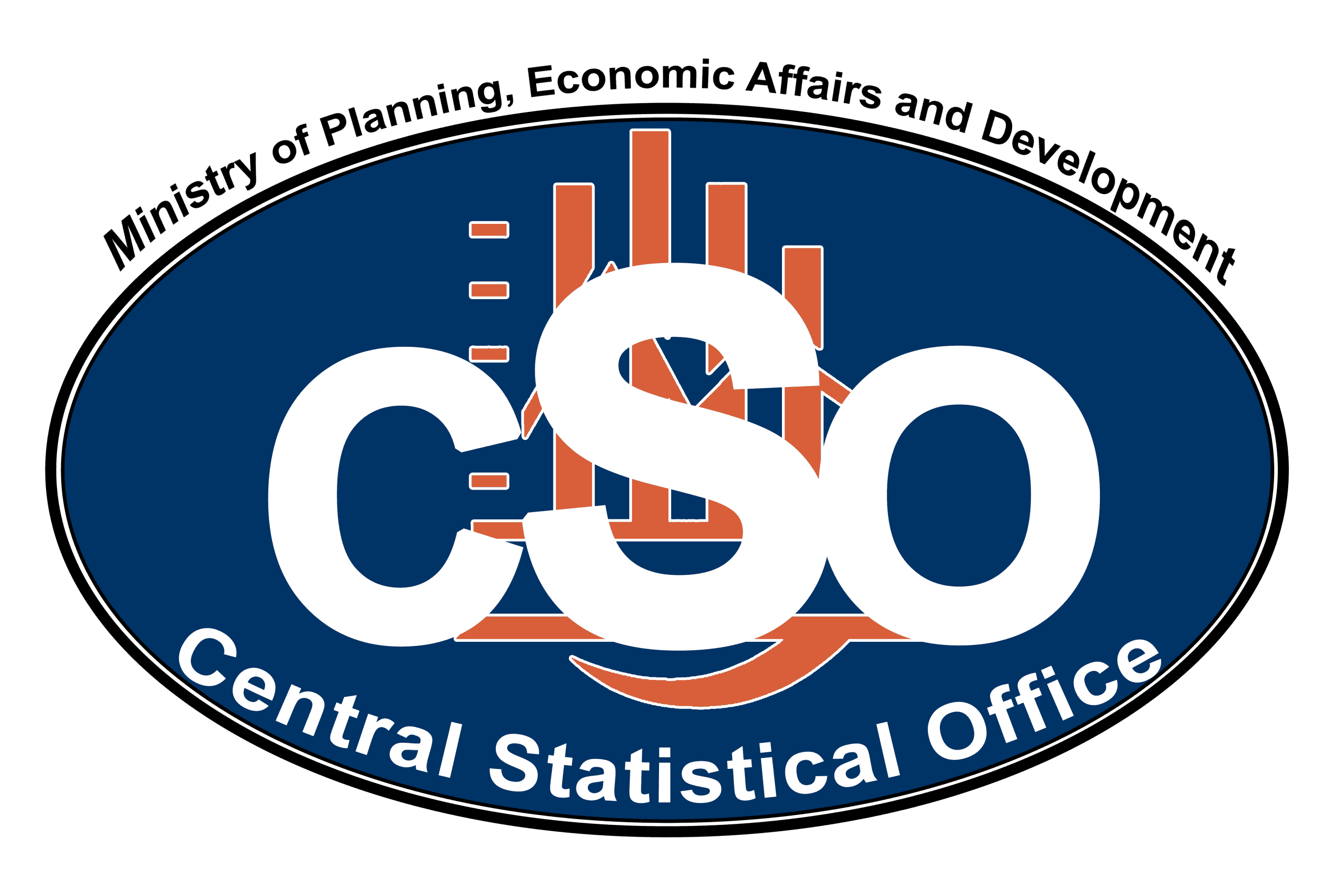Over time, census data has evolved from a simple population count to the complex statistical exercise it is today, with the information gathered used to inform and improve national policy. Throughout each decade, content in national censuses change to reflect developmental goals and policies. In leveraging census data towards achieving national sustainable development, we must examine content, its usage on a governmental level, and the socio-economic benefits of the resulting data for communities.
Types of census data include:
- basic demographic data;
- basic population statistics;
- economic, labour and educational attributes; as well as
- geographic, residential, and migratory information
Operational questions such as names, addresses, and contact information are used to safeguard the accuracy of the data collection process and do not form part of the published estimates. Some of the information collected in Trinidad and Tobago´s 2000 census included demographic, socio-economic, migration, education, health, women, children and the elderly. The 2011 iteration expanded on those categories to include disability, unmet basic needs, technology and the environment. The 2022 national census can be expected to detail even further, specific nuances based on the population with relevance to our developmental goals.
In 2015, member states of the United Nations, which includes Trinidad and Tobago, responded to a global call to action entitled the Sustainable Development Goals (SDGs). These aims comprise affordable and clean energy, reduced inequalities, climate action and quality education with an extra focus on the complete eradication of poverty, hunger, AIDS, and discrimination against women and girls. All seventeen goals require the combined effort of local governments, international partnerships, civil societies and citizens to be achieved by its 2030 deadline. Parallel to the SDGs, the government of T&T has embarked upon a separate but related National Development Strategy, commonly referred to as Vision 2030. This framework for the long- term amelioration of the country includes quality infrastructure and transportation, globally competitive businesses, environmental prioritization, and the nurturing of our greatest asset: the people of Trinidad and Tobago.
The 2022 National Population and Housing census is critical to the achievement of these goals and objectives embodied within both strategies for national development.
While there is consistency in the type of data that is collected over time, there will be some variation in the 2022 Census questionnaire to reflect the current and future developmental needs of the country. Optimized performance of national developmental policies is dependent on a strong evidence base backed by reliable data. Improved monitoring and evaluation, coordination across sectors, and targeting mechanisms within an inclusive and growth focused ecosystem is the pathway towards Vision 2030 and the Sustainable Development Goals over the next decade. National census data will help determine the allocation of government funding, private sector investments and civil society involvement. The 2022 National Population and Housing census questionnaire will reflect the information needed to inform policy while ensuring the anonymity and privacy of the respondents.
In Trinidad and Tobago, the framework for long term nation building is derived from the National Development Strategy; Vision 2030- as well as the United Nations Sustainable Development Goals (SDGs).
The 2022 National Population and Housing census is a critical component for the successful achievement of the objectives embodied within both strategies for national development. The importance of responding to the census cannot be overstated as it is the primary source of information on the lived realities of our people and the means by which an improved standard of living can be facilitated.
Central Statistical Office

